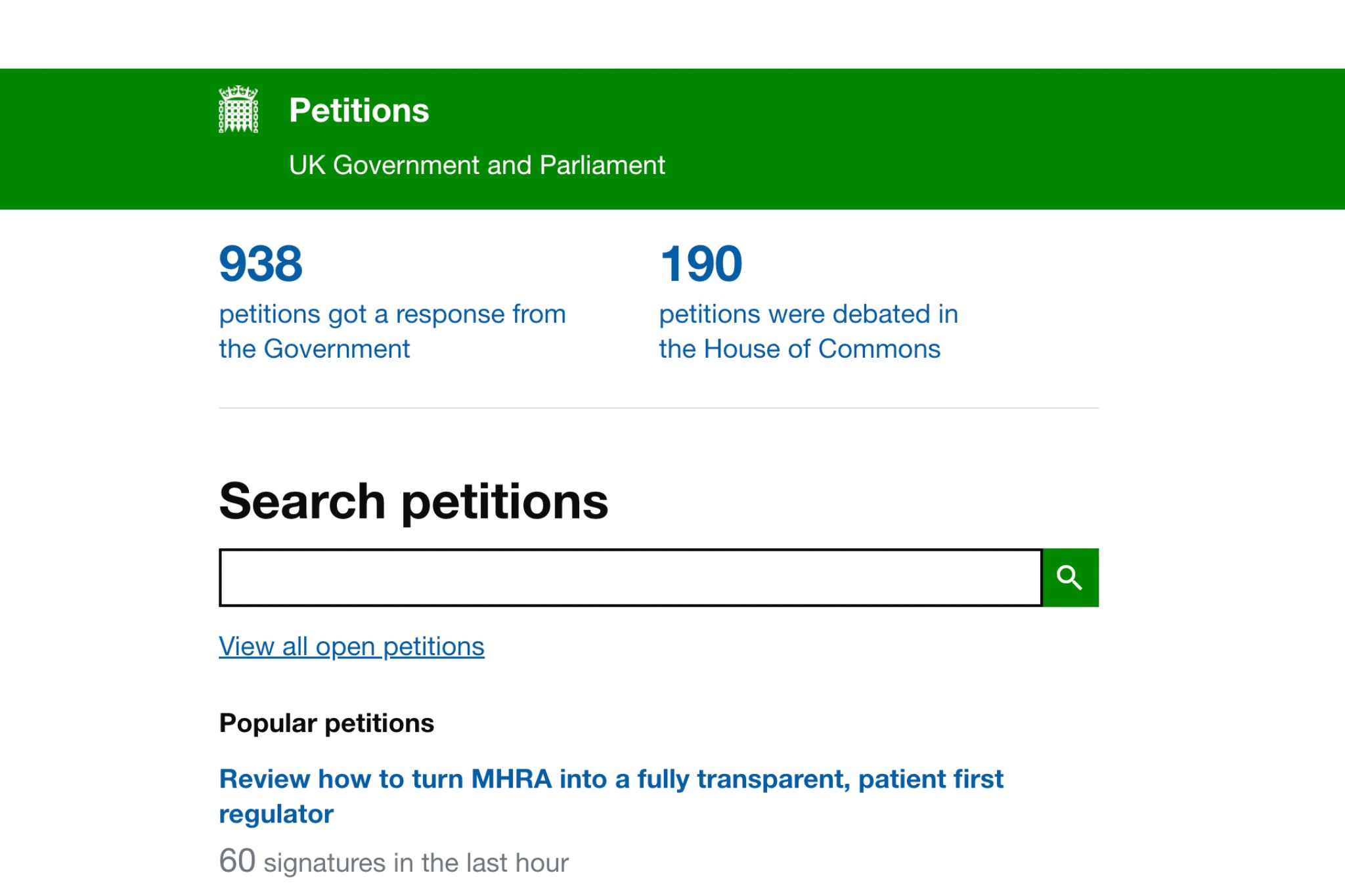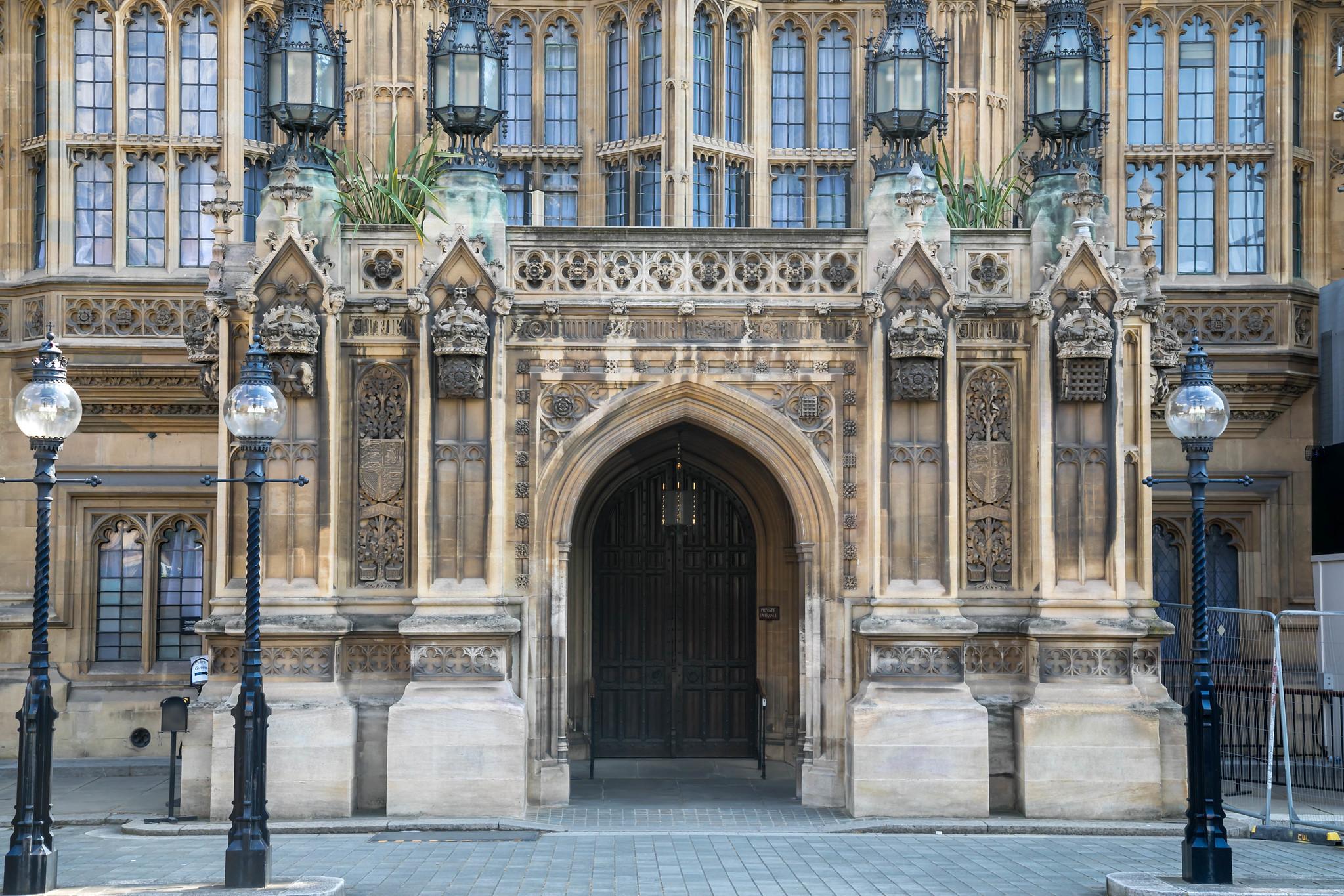 Henrik Bech Seeberg writes that a government is likely to adopt legislation covering the opposition’s position in order to silence opposition agenda-setting. The model is tested on the manual coding of 316 Acts of Parliament adopted by the government and 26,533 Prime Minister’s Questions from the opposition across six issues between 1979 and 2015.
Henrik Bech Seeberg writes that a government is likely to adopt legislation covering the opposition’s position in order to silence opposition agenda-setting. The model is tested on the manual coding of 316 Acts of Parliament adopted by the government and 26,533 Prime Minister’s Questions from the opposition across six issues between 1979 and 2015.
When Tony Blair became Prime Minister in 1997, immigration policy was not a top priority. In his party manifesto, he only made a short and vague promise to ensure ‘fairness towards asylum seekers’. However, asylum policy became a key issue during his first term in office, and he adopted far-reaching restrictions as a result. This remarkable policy shift came after vocal criticism from the opposition alleging that ‘fake’ asylum seekers were allowed to enter the country, and that the UK’s asylum system had been undermined as a result. Blair’s response was an outright accommodation of the opposition.
This move by the Labour government is neither coincidental nor unusual. To the contrary, it reflects a widespread yet rarely studied mode of government‒opposition competition in parliament that touches on one of the most basic questions of power and democracy, namely ‘Who governs?’. Across parliamentary democracies, I argue that governments regularly legislate to silence ‘opposition agenda-setting’ – i.e. to prevent the opposition emphasising an issue to make it salient and politically important.
To understand how the opposition influences policy, I propose an agenda-setting model of opposition influence: the opposition might have little policy influence through the formal procedures in the legislative phase of policymaking, but its pressure in the agenda-setting phase might leave footprints on policy. In this initial policymaking phase, parties compete to put issues on the agenda and, in so doing, decide which issues should be considered for legislation in the first place. The opposition is often able to thrust issues onto the political agenda. If the government does not mute the opposition’s agenda-setting, the issue may enter the election campaign and encourage voters to turn away from the government. The most effective way to remove such an issue from the political agenda is to adopt legislation covering the opposition’s position in order to remove the conflict and therefore the attention. Even if such a move deviates from the government’s election platform and might risk provoking internal discontent within its own party, the government is still likely to adopt legislation that covers the opposition’s position in order to silence it.
To test this radical proposition, the analysis relies on an unprecedented coding of primary data across six key issues in British politics – health, education, asylum/immigration, crime, taxation, and unemployment – between 1979‒2015. I collected and content-coded 26,533 Prime Minister’s Questions posed by the opposition and all of the policy changes (1,520 in total) enacted by the government in 316 Acts of Parliament. To examine the influence of both the government and the opposition on legislation, I compare each policy change to the content of the party manifestos and the speeches made by leaders of the government and the opposition party at annual party congresses.
The analysis indicates that opposition agenda-setting makes government legislation that moves policy in the direction of the opposition’s position considerably and systematically more likely. This is a radical result since it suggests that the government does what the opposition says. The effect is rather substantial. If the opposition devotes one percent of its attention on an issue, the government adopts roughly three policy changes towards the opposition’s position (1.5 standard deviations above the mean number of policy changes). I also find that this effect increases with more media attention. Finally, the opposition influence depends on the strength of the government. Opposition influence increases as the internal cohesion of the government fractures but vanishes as the government’s lead in vote intention grows. Without questioning that the government is the major force in policymaking, the conclusion of this study is that opposition agenda-setting is central to understanding policy change.
This is an important finding because it might appear counter-intuitive: the opposition has much fewer resources, MPs, and staff members than the government, and the government will likely try to stop the opposition setting the agenda through other, less drastic means than legislation. Moreover, the model is important as it suggests that we can understand the legislative phase of the decision-making process (i.e. the domain of the government) much better by also considering the earlier agenda-setting phase (i.e. the domain of the opposition). We get an explanation of why the government does what the opposition says, and why the government takes the opposition’s position.
The argument furthers important research on opposition agenda-setting, which shows that the opposition can set the political agenda, but does not study its implications on government legislation. At the same time, the argument challenges prominent work on the policy influence of political parties, which otherwise largely takes for granted that policy influence only happens through government. Recent research maintains this focus.
The government is the major policymaking force, but this does not mean that scholars view the opposition as entirely impotent. An emerging research agenda indicates that parliament can influence legislation in the committee system and the opposition can get some of its election pledges fulfilled. Thus, this study adds to the scepticism of the ‘parliamentary decline thesis’, which is gaining more ground.
The argument has implications for democratic representation. I make the case that direct minority representation in the legislative phase of policymaking might be limited, but even in majoritarian systems, the agenda-setting phase of policymaking offers substantial minority representation in policy outputs.
____________________
Note: the above draws on the author’s published work in the European Journal of Political Research.
 Henrik Bech Seeberg is Associate Professor in the Department of Political Science at Aarhus University.
Henrik Bech Seeberg is Associate Professor in the Department of Political Science at Aarhus University.
Featured image credit: by marianne bos on Unsplash.







